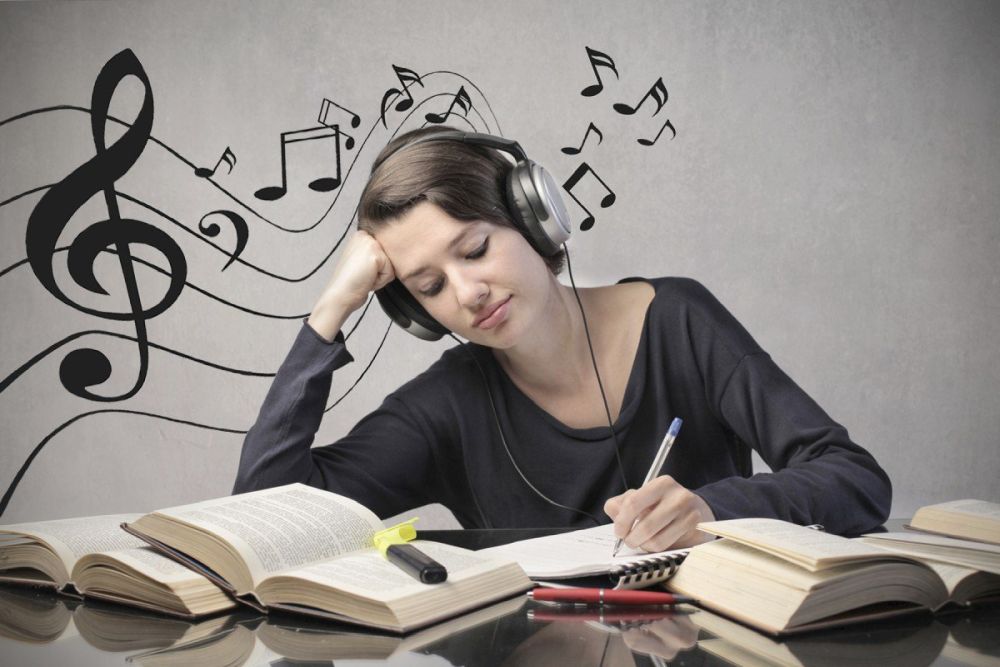Music, a universal language that transcends barriers, has an extraordinary power to shape our lives in profound ways. Its impact on human emotions, thoughts, and actions is undeniable, making it an integral part of our existence. One of the most remarkable aspects of music is its ability to evoke deep emotions. From the melancholic strains of a soulful ballad to the upbeat tempo of a lively dance track, music has the capacity to elicit feelings that words alone cannot express. It can bring solace to a grieving heart, ignite the spark of joy in a weary soul, or provide a sense of belonging to those who feel lost in the vastness of the world.

Moreover, music has the unique ability to unite people from diverse backgrounds and cultures. Regardless of language or nationality, the beauty of a melody or the rhythm of a beat can resonate with individuals on a profound level, fostering connections and understanding among people who might otherwise remain strangers. In this way, music serves as a powerful force for social cohesion, breaking down barriers and fostering a sense of shared humanity. It has the potential to bridge the gap between generations, bringing young and old together through their mutual appreciation for timeless classics or contemporary tunes.

Furthermore, music has therapeutic effects that can heal both the body and the mind. Research has shown that listening to music can reduce stress, alleviate anxiety, and even aid in pain management. Music therapy, a specialized form of treatment, is employed in various healthcare settings to help patients cope with physical and emotional challenges. Whether it’s a cancer patient finding comfort in the gentle melodies of classical music or an individual with insomnia discovering peace in the soothing sounds of nature-inspired compositions, music has the ability to provide solace and relief in times of distress.

In addition to its emotional and therapeutic impact, music has the power to inspire and motivate individuals to achieve their goals. Many athletes, for example, listen to energizing music before competitions to enhance their performance and boost their confidence. Similarly, students often turn to music while studying, finding that certain tunes enhance their concentration and learning abilities. The rhythm and melody of music can ignite creativity, fueling the imagination of artists, writers, and innovators, and enabling them to push the boundaries of their craft.

The transformative power of music is awe-inspiring. It touches the depths of our souls, brings people together, heals our wounds, and propels us toward our aspirations. Whether in moments of celebration or sorrow, music accompanies us on our journey through life, enriching our experiences and shaping our understanding of the world. As we embrace the melodies that resonate with our hearts, we find solace, inspiration, and a profound connection to the collective human experience.

